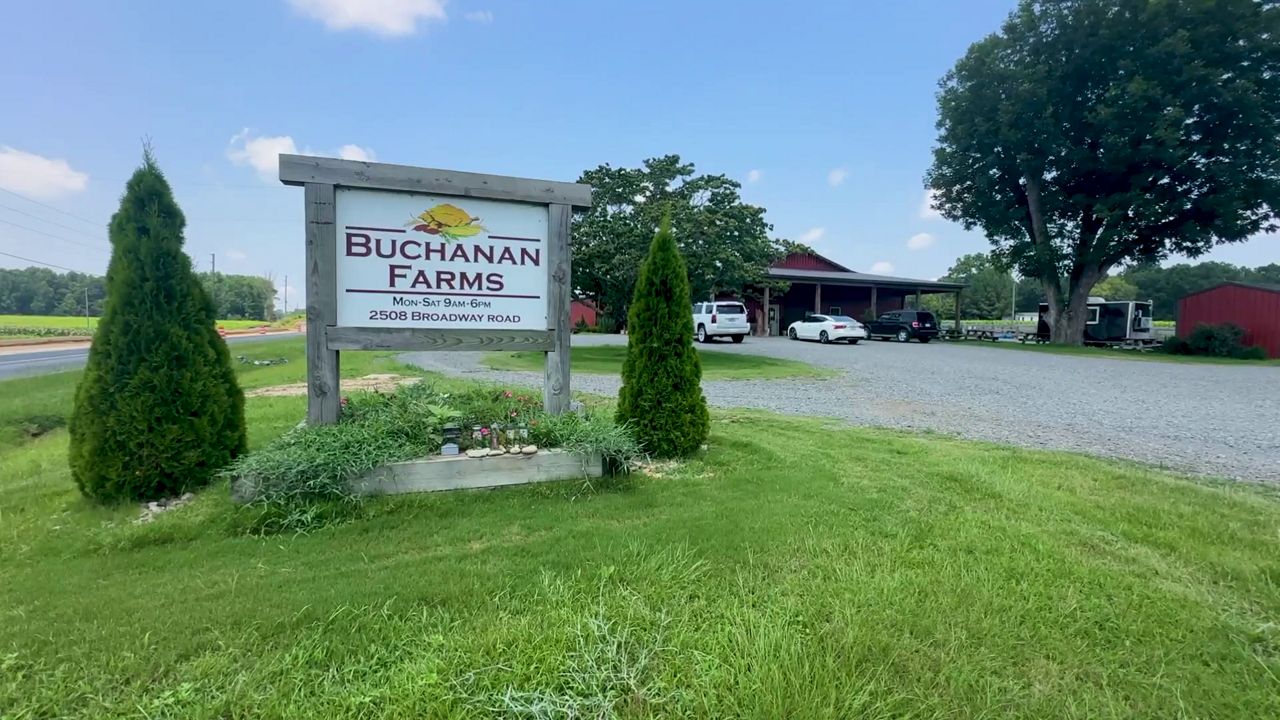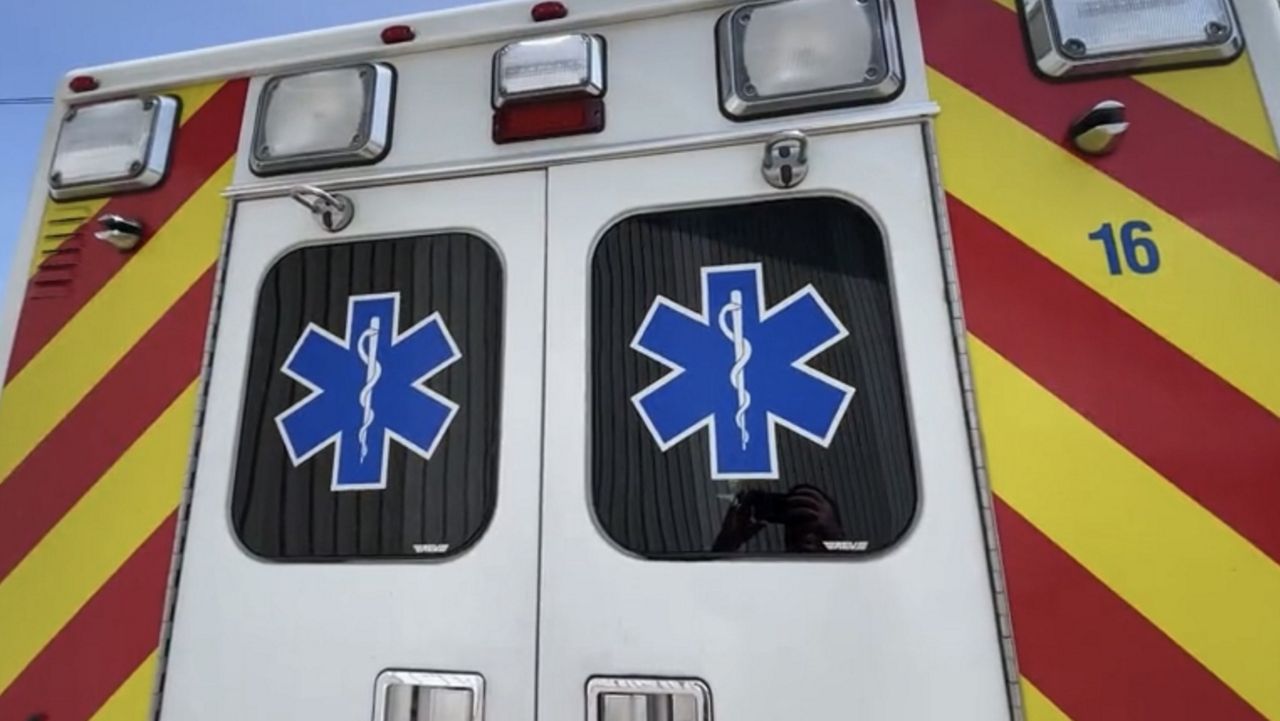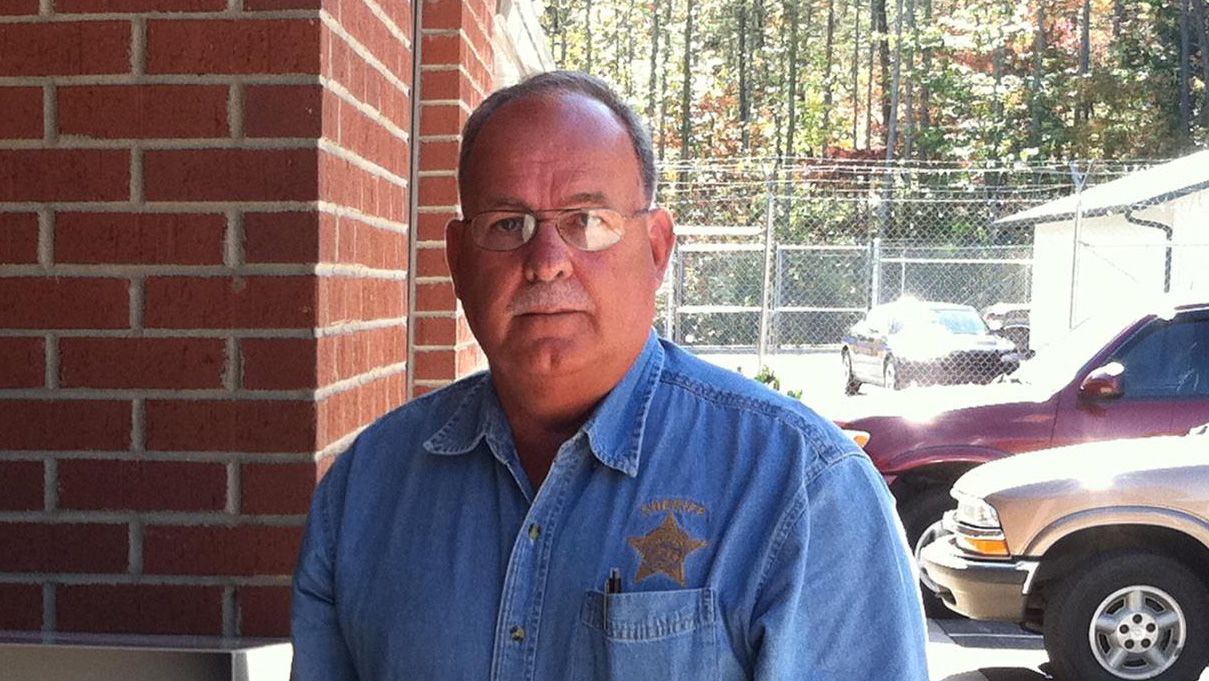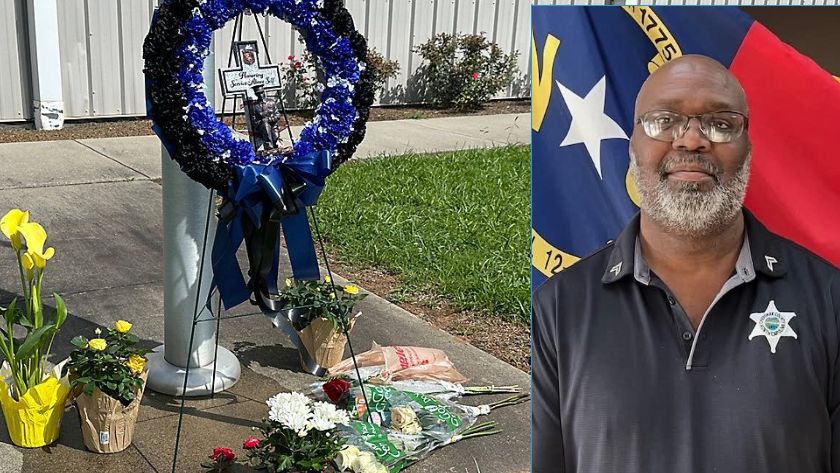CHARLOTTE, N.C. – High speed pursuits, kidnappings and armed robberies are just some of the scenarios recruits have to prepare for when joining the Charlotte-Mecklenburg Police Department.
They are able to practice these and other real-world scenarios at the department’s 26-acre driving course.
“This is where our recruits do all of their cone course and emergency response and pursuit training and testing for their academy,” says officer Melissa Cicio.
Officer Cicio was 30 when she left her home in upstate New York and came to Charlotte specifically for the police department.
“Charlotte really attracted me as a department for the diversity and what I could do here,” she says.
She eventually went to driving instructor school a few years later, and is now the lead driving instructor for the department’s academy.
“Driving was one of the things that I loved in the academy,” she says. “I love this environment. I love the teamwork environment that’s over here whether we were picking up cones or cheering each other on or learning something new about the vehicle.”
It’s her job is to make sure recruits are prepared for every possible driving scenario.
“Driving is the highest liability that we maintain in this city, even higher so than our rates of firearms incidents with our officers,” she says.
After classroom training recruits come out and spend over 40 hours driving.
“I’m trying to teach them primarily about vehicle dynamics and how science plays a part in their car,” officer Cicio says. “And how that affects speed and the steering input affects what they’re doing.”
Aside from driving, sharing her knowledge with recruits is what officer Cicio says is her favorite part about this job.
“Watching your students grasp onto that technique and make themselves better by what you’ve taught them is by far my favorite part,” she says.
It’s a lot of work, but officer Cicio hopes these recruits grasp the importance of their job.
“I hope that they understand that whether they are on a call for service or not that they represent the department, but deeper than that I hope that they understand the responsibility of driving that car,” she says.
Recruits have 12 hours of classroom training before they put in their 40 hours of driving that’s mandated by the state. Officer Cicio says after they finish that specific program, they will bring recruits back on the course for another 12 hours of driving instruction.










